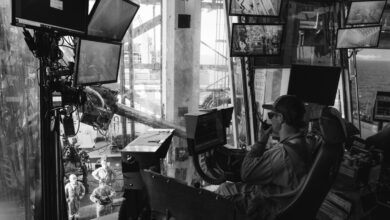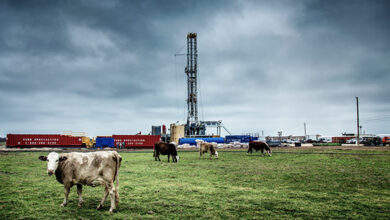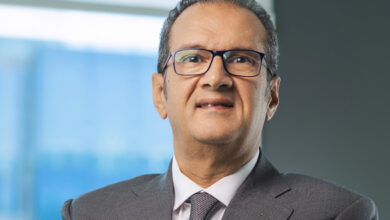Gulf of Mexico Lease Sale 252 yields more than $244 million in high bids
Joe Balash, Interior’s Assistant Secretary for Land and Minerals Management, announced that region-wide Gulf of Mexico Lease Sale 252 generated $244,299,344 in high bids for 227 tracts covering 1,261,133 acres in federal waters of the Gulf of Mexico. A total of 30 companies participated in the lease sale, submitting $283,782,480 in all bids.
“Today’s lease sale shows strong bidding by established companies, which indicates that the Gulf of Mexico will continue to be a leading energy source for our nation long into the future,” Mr Balash said. “The results from today will help secure well-paying offshore jobs, while generating much-needed revenue to fund everything from conservation to infrastructure.”
Lease Sale 249 in 2017 saw $121 million in high bids, while Lease Sale 250 in 2018 had $124 million in high bids. Lease Sale 251, the last lease sale before today, had $178 million in high bids.
Lease Sale 252 included 14,699 unleased blocks, located from three to 231 miles offshore, in the Gulf’s Western, Central and Eastern Planning Areas in water depths ranging from nine to more than 11,115 ft (three to 3,400 m). The following are excluded from the lease sale: (1) blocks subject to the congressional moratorium established by the Gulf of Mexico Energy Security Act of 2006; (2) blocks that are adjacent to or beyond the US Exclusive Economic Zone in the area known as the northern portion of the Eastern Gap; and (3) whole blocks and partial blocks within the boundaries of the Flower Garden Banks National Marine Sanctuary.
“The Gulf of Mexico remains a premier basin, covering about 160 million acres. It holds about 48.5 billion bbl of oil and 141 trillion cu ft of undiscovered and technically recoverable gas,” Walter Cruickshank, Acting BOEM Director, said. “Today’s lease sale represents another step forward in the administration’s comprehensive effort to secure domestically produced energy for our nation’s energy future.”
Revenues received from OCS leases (including high bids, rental payments and royalty payments) are directed to the US Treasury, certain Gulf Coast states (Texas, Louisiana, Mississippi, and Alabama), the Land and Water Conservation Fund, and the Historic Preservation Fund.
Leases resulting from this sale will include stipulations to protect biologically sensitive resources, mitigate potential adverse effects on protected species, and avoid potential conflicts associated with oil and gas development in the region.
In addition, BOEM has included appropriate fiscal terms that take into account market conditions and ensure taxpayers receive a fair return for use of the OCS. In recognition of current hydrocarbon price conditions and the marginal nature of remaining Gulf of Mexico shallow water resources, these terms include a 12.5% royalty rate for leases in less than 200 m of water depth, and a royalty rate of 18.75% for all other leases issued under the sale.
Lease Sale 252, livestreamed from New Orleans, was the fourth offshore sale held under the 2017-2022 National Outer Continental Shelf Oil and Gas Leasing Program. Under this program, 10 region-wide lease sales are scheduled for the Gulf, where resource potential and industry interest are high, and oil and gas infrastructure is well established. Two Gulf lease sales will be held each year and include all available blocks in the combined Western, Central, and Eastern Gulf of Mexico Planning Areas.
All terms and conditions for Gulf of Mexico Region-wide Sale 252 are detailed in the Final Notice of Sale information package, which is available here.





